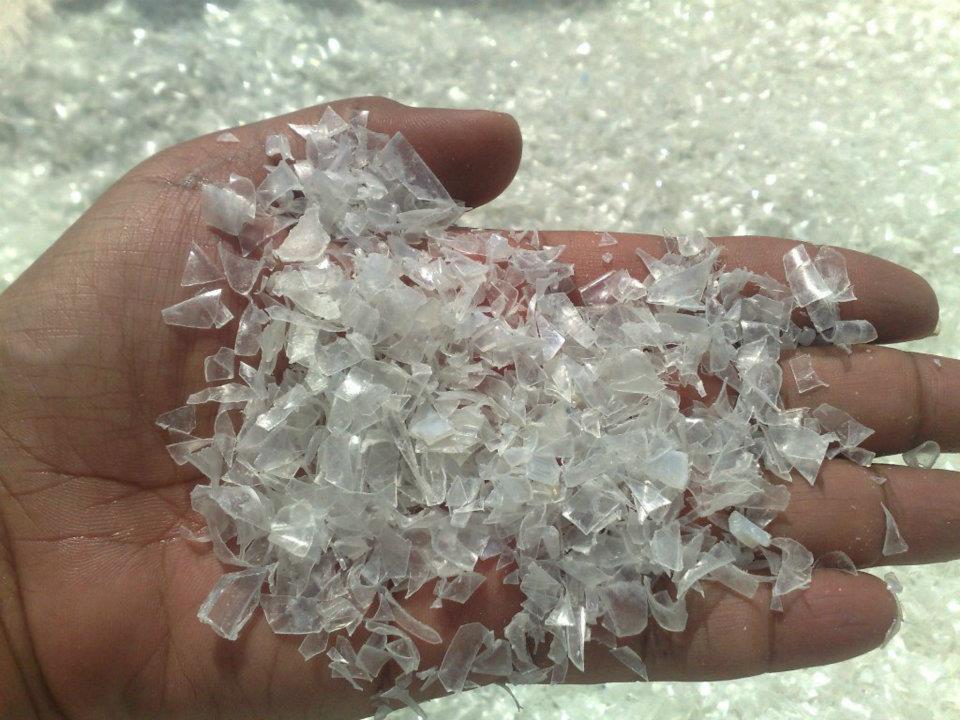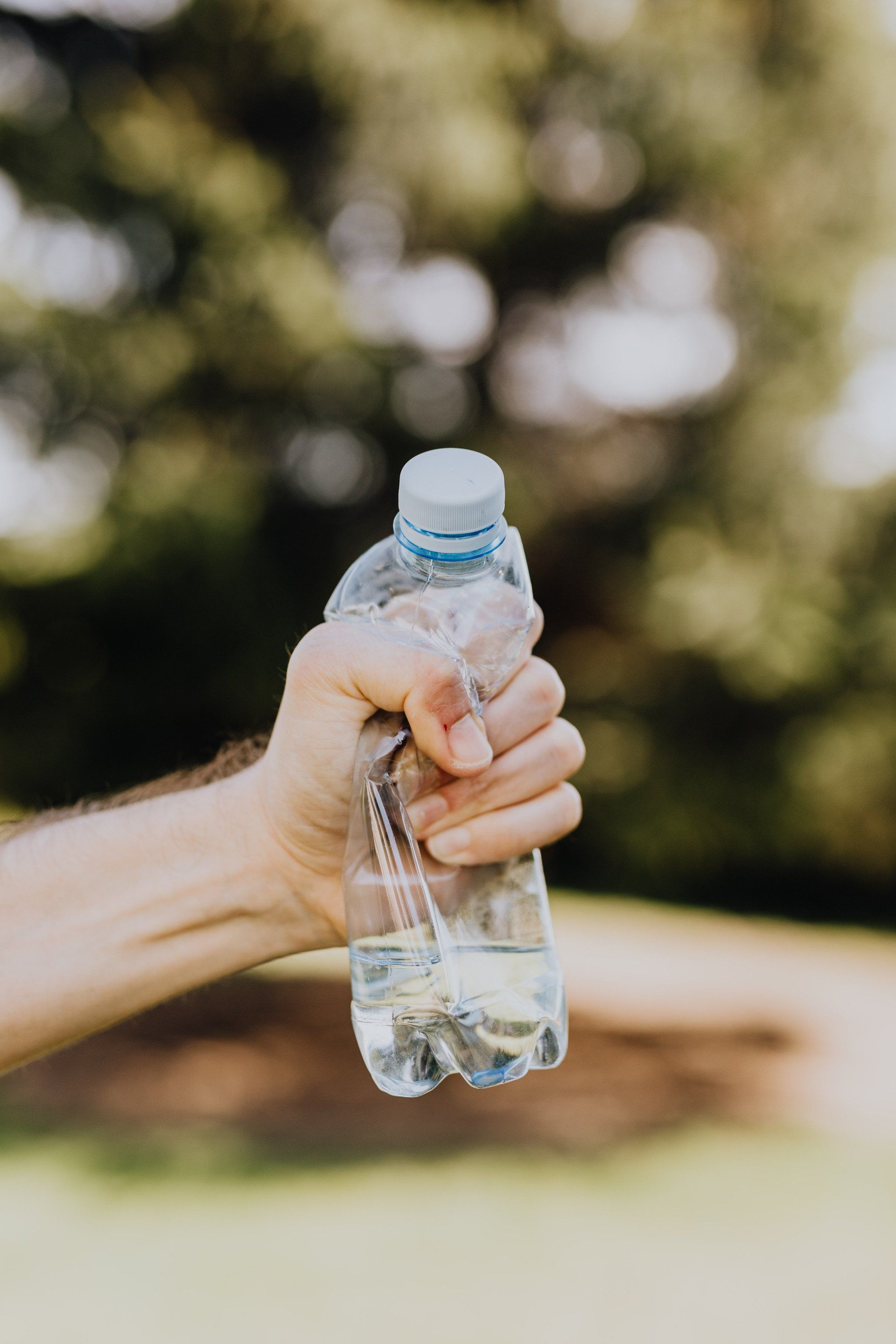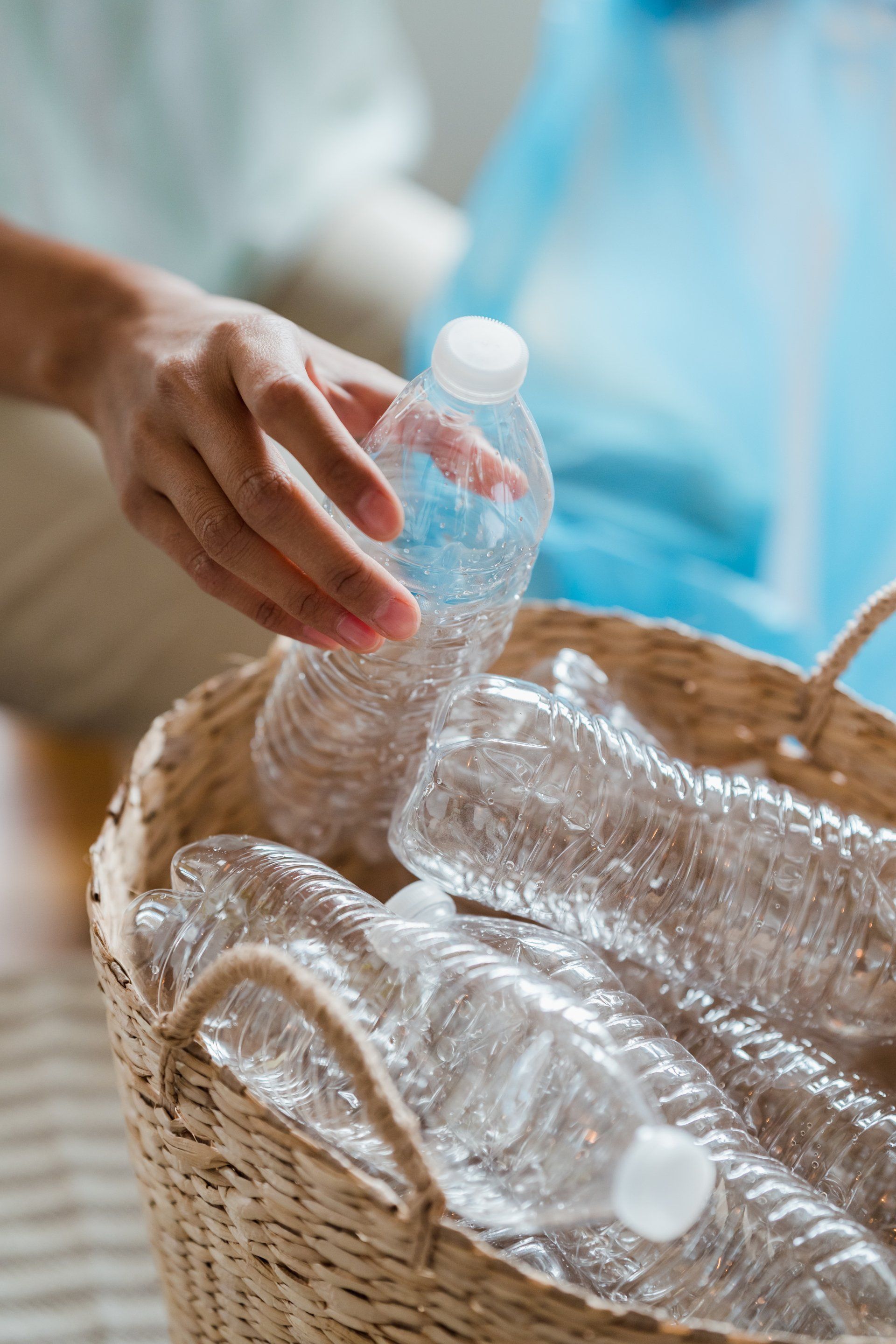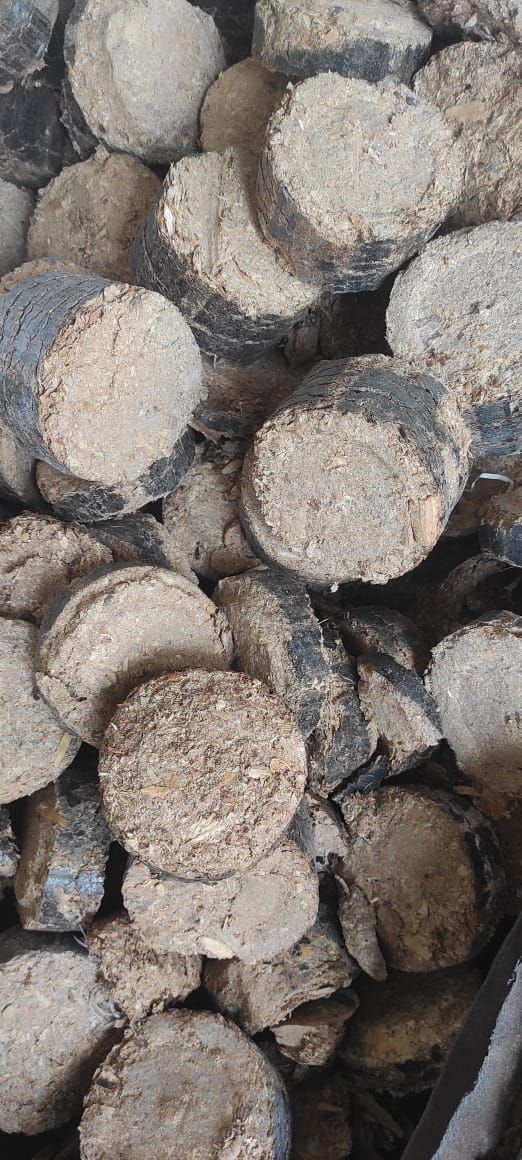
February 21, 2024
As circular economies and sustainability gain momentum globally, recycled PET (rPET) has emerged as an eco-friendly packaging alternative minimizing plastic waste. But what exactly are RPET sheets? Let's explore why this versatile material promises durability alongside circular benefits. What is PET plastic? PET or polyethylene terephthalate plastic is commonly extracted from crude oil for making plastic bottles, containers, fibers etc, given its strength, transparency, processability and non-toxic properties. However, PET'S durability also makes waste management challenging with 500+ years for decomposition. Fortunately, PET is 100% recyclable. With nearly 30% global PET usage in water bottles, classification and recycling is possible for giving used PET renewed life. This is where RPET steps in. What are RPET Sheets? RPET or recycled PET sheets are made by reforming post-consumer, used PET into durable plastic sheets ideal for packaging applications. With up to 100% PCR content, RPET sheets skip oil refinement, saving significant carbon emissions. RPET sheets retain innate PET properties like high strength, flexibility, transparency and barriers while eliminating virgin plastic dependency. The remanufacturing process with automated sorting even removes over 30ppm impurities for compliance. Benefits of RPET Plastic Sheets: 🔹 Circular material flows reducing oil usage, waste and carbon footprint 🔹 USFDA approved food-contact compliant production for safety 🔹 Custom fabrication possible for tailored packaging solutions 🔹 High transparency showing off product aesthetics 🔹 Excellent oxygen and moisture stability Applications of RPET Sheets: The sustainable and high-performing properties of RPET plastic sheets make them ideal for food, medical, consumer goods and industrial packaging. Some applications include: ▫️ Thermoformed trays/clamshells, boxes & disposable containers ▫️ Medical device pouches & pharmaceutical cartons ▫️ Household product, toy & electronic accessories packaging ▫️ Printed blisters, clamshells and disposable plates/cups Durable, transparent and ethically produced - RPET sheets check all boxes as the packaging material of the future. A small step today towards recycled plastics can empower circular supply chains for generations. The Recycled PET sheets from Aerofibre are made from post-consumer PET bottles which undergo a thorough cleaning, sorting & shredding process. These are then transformed into high quality sheets. We are proud to be part of the solution to the global plastic waste problem and look forward to continuing to innovate and offer sustainable products to our customers. Contact us to know more.
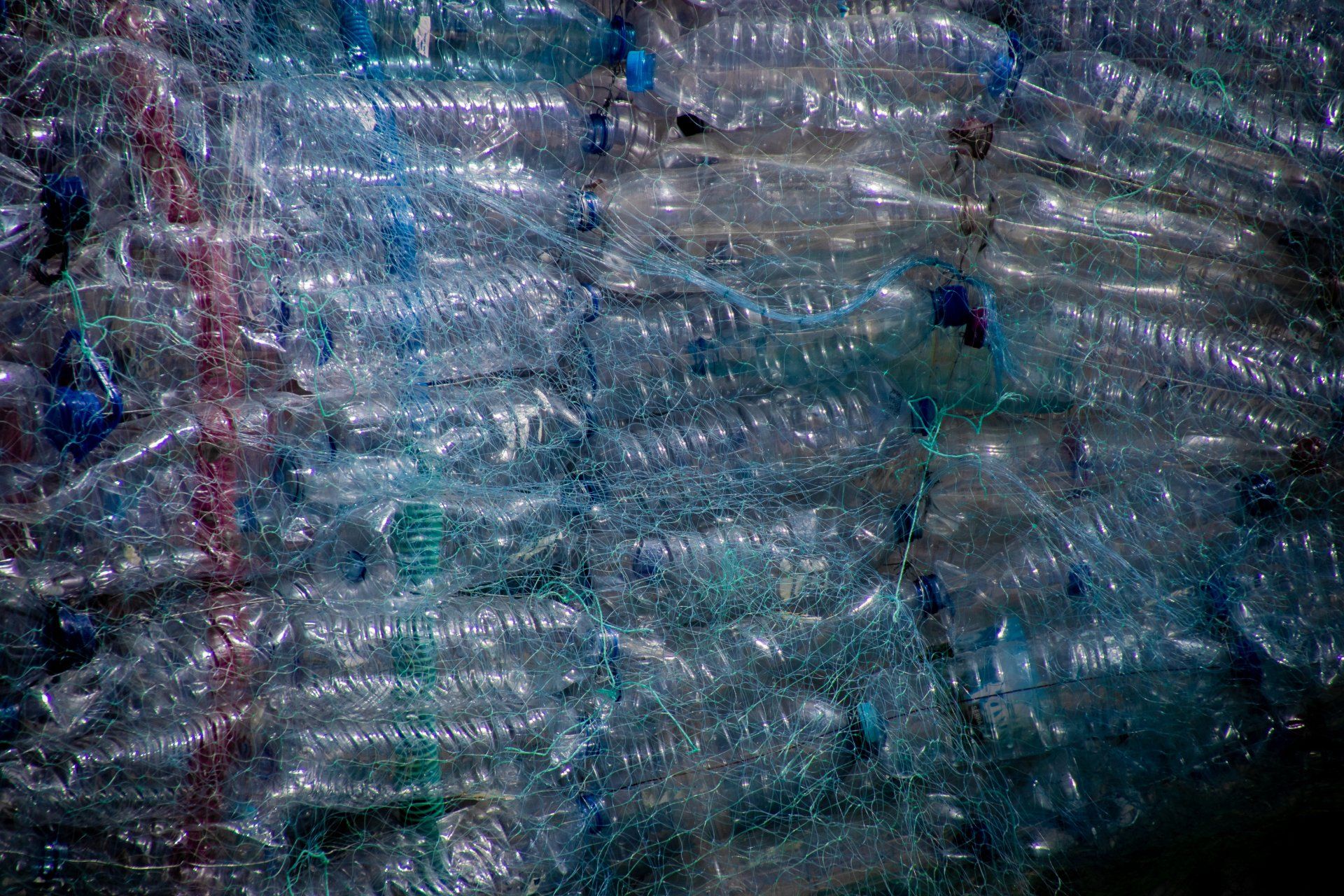
December 20, 2023
In today's world, where environmental concerns are at the forefront, understanding the process of plastic bottle recycling is more important than ever. Have you ever wondered what happens to that plastic bottle after you toss it in the recycling bin? How does it go from being waste to being transformed into something new?
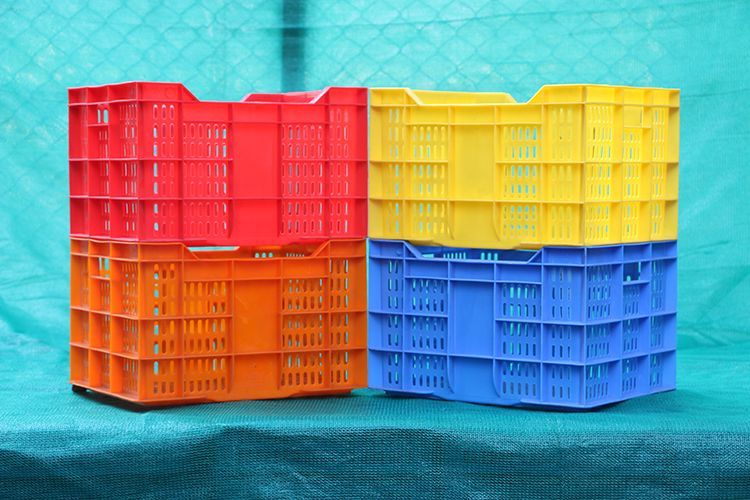
December 13, 2023
As sustainability becomes increasingly important worldwide, more focus is being put on plastic recycling - transforming used plastic into valuable raw materials. One such recycled plastic gaining significant traction is rHDPE, or recycled High Density Polyethylene. But what exactly is rHDPE and why does it matter? Let’s dive in and understand this fascinating recyclate!
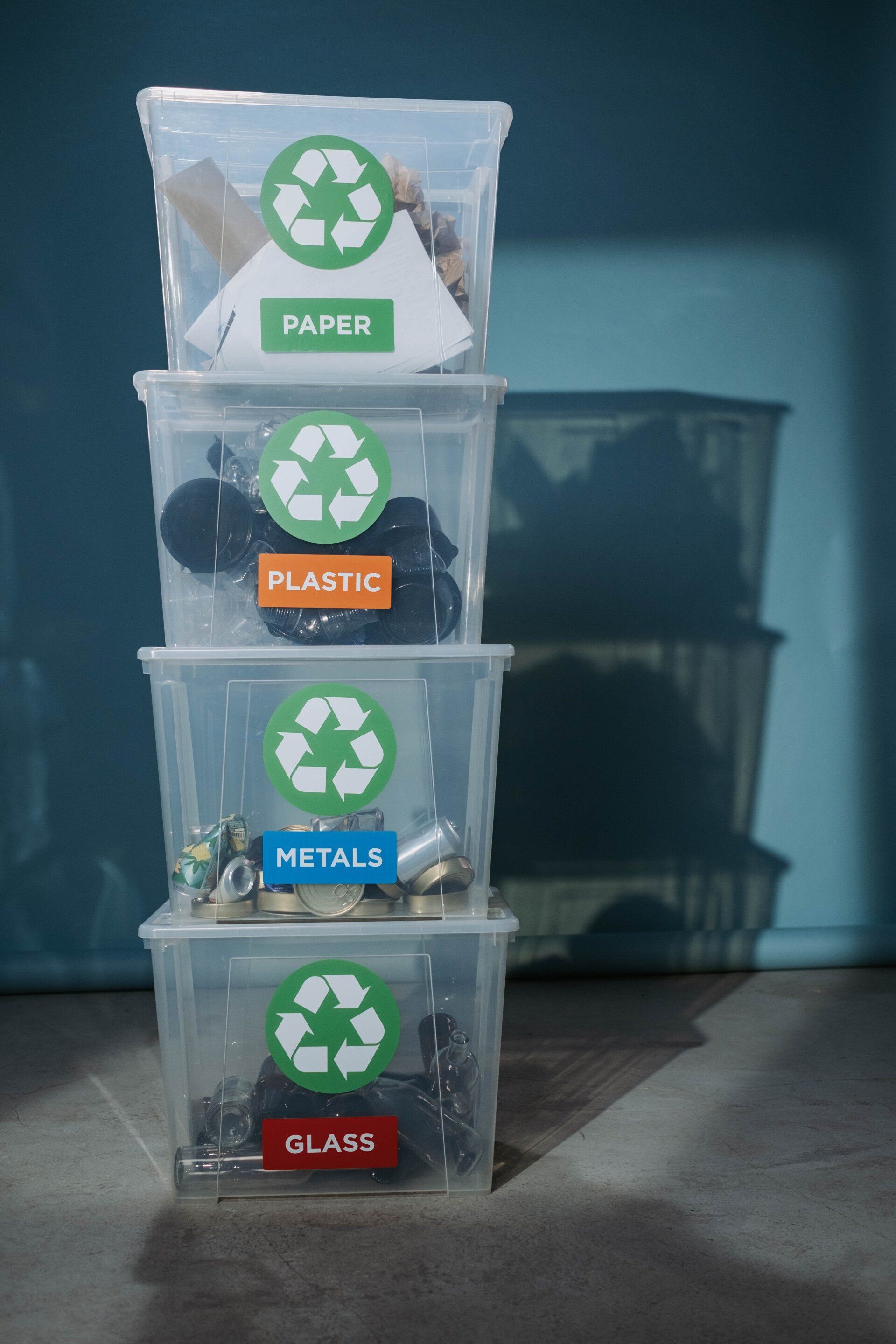
October 1, 2023
Plastic waste has grown to be one of the most significant environmental challenges of our era. Our planet is inundated with plastic, from pristine shorelines to the deepest reaches of the oceans. The proliferation of single-use plastics, in particular, epitomizes the gravity of the problem, as they persist in the environment and pose severe threats to wildlife. In this article, we delve into the future of plastic waste management (PWM) and the strategies poised to make a meaningful impact in our battle against plastic pollution. A Global Plastic Pandemic The sheer ubiquity of plastic waste has transformed it into a global pandemic. It is a menace that transcends borders, affecting ecosystems, and endangering wildlife worldwide. Single-use plastics, those lightweight, durable, and inexpensive items that dominate our daily lives, are at the forefront of this crisis. Their proliferation poses an immediate threat due to their persistence in the environment and potential harm to marine and terrestrial life. Recycling and Circular Economy The future of PWM centers on embracing the principles of the circular economy. This sustainable model champions recycling and repurposing, significantly reducing the need for new plastic production. Advanced recycling technologies are emerging as a beacon of hope, capable of transforming plastic waste into high-quality materials suitable for various industries. By closing the loop on plastics, we can significantly reduce their environmental impact. Bioplastics and Alternative Materials In the quest to combat plastic pollution, the development of biodegradable and compostable plastics offers a promising avenue. These materials naturally break down, posing fewer long-term environmental risks. Furthermore, research into alternative materials, such as plant-based plastics and mycelium-based packaging, is gaining traction. These innovations hold the potential to revolutionize the materials industry and reduce our reliance on traditional plastics. Extended Producer Responsibility (EPR) Governments and industries worldwide are recognizing the importance of Extended Producer Responsibility (EPR) programs. Under this framework, producers are held accountable for the entire lifecycle of their products, including their eventual disposal. EPR encourages manufacturers to design products with recyclability and environmental impact in mind. By making producers responsible stewards of their products, we can reduce the burden of plastic waste on our environment. Innovative Cleanup Technologies Efforts to remove existing plastic waste from the environment are advancing rapidly. From innovative ocean cleanup systems to automated litter-picking robots, technology is being deployed at scale to address plastic pollution. These innovations are critical in preventing further damage to ecosystems and restoring our environment to a pristine state. Consumer Education and Behavior Change Changing consumer behavior is a vital aspect of PWM. Raising awareness about the dire consequences of plastic pollution and promoting responsible consumption can lead to reduced plastic use and increased recycling rates. Empowered consumers can be the catalyst for significant change, influencing businesses and governments to adopt sustainable practices. Legislative Measures Countries and regions are taking legislative action to restrict single-use plastics and promote sustainable packaging. Bans on certain plastic products and the imposition of fees for single-use plastics are becoming increasingly common. These measures underscore the importance of government leadership in tackling the plastic waste crisis. Conclusion The future of plastic waste management is characterized by a multifaceted approach that combines recycling, innovation, regulation, and public awareness. While the challenges of plastic pollution may seem daunting, the growing global commitment to addressing this issue is encouraging. By embracing a circular economy, developing alternative materials, and holding producers accountable, we can aspire to a world where plastic waste is managed responsibly, preserving our environment for generations to come. It is a future where plastic waste is no longer seen as a problem but as a valuable resource waiting to be reclaimed. Together, we can turn plastic trash into treasure and build a more sustainable, plastic-free world. At AeroFibre, our core ethos is to create value from waste. We are constantly on the journey to promote the adoption of a circular economy. To this end, we have products like DiamondPET Flakes and rPET sheets that you can use in your production and packaging.
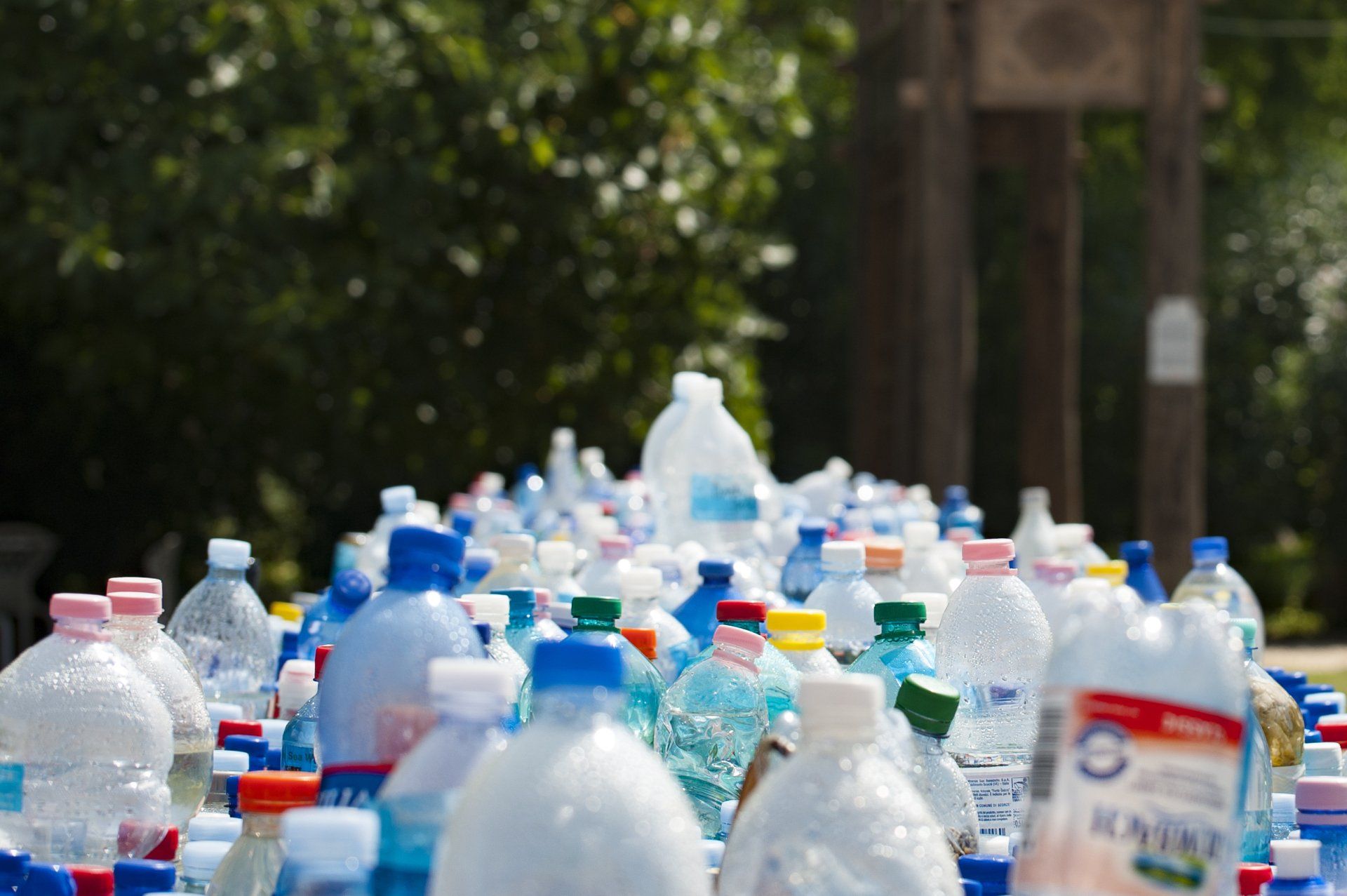
September 19, 2023
In India, a new wave of environmental consciousness is sweeping the nation as it embraces the circular economy, a sustainable approach to waste management. With its rapidly growing population and increasing consumption rates, waste management has become a pressing issue for India. However, instead of letting waste pile up or relying on traditional linear models of production and consumption, the country is taking proactive steps to break free from the waste cycle.
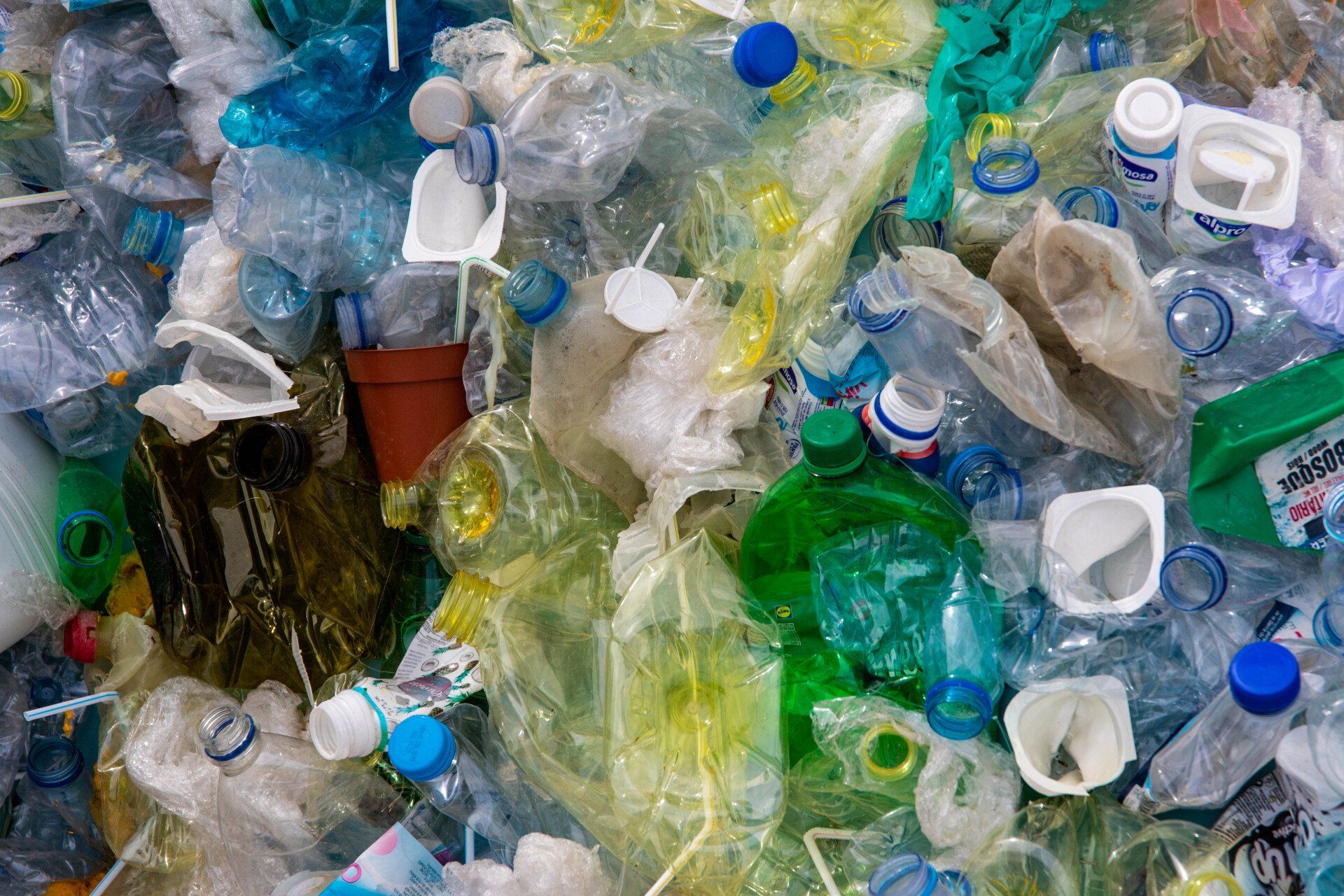
July 30, 2023
In today's ever-evolving world, the need for sustainable practices has become more pressing than ever. As the global population continues to grow, so does the amount of waste we generate. However, amidst this challenge lies an opportunity for change. Read on to know more about the impact of waste management and plastic recycling.

February 23, 2023
What is the most effective way to reduce your carbon footprint on the planet? For starters, use clothing made from recycled plastic. Simply put - the process involves breaking plastic down (PET bottles mainly) into pet flakes and eventually fibres that get used in making polyester yarn. This in turn, can create some well fitting, sturdy and fashionable apparel
Contact info
+91 9503111333
headoffice@aerofibre.com
102, 10th Floor, Maker Chamber VI, Jamnalal Bajaj Marg, Nariman Point, Mumbai - 400021
© 2025
All Rights Reserved | AeroFibre
Join the Newsletter
Thank you for contacting us.
We will get back to you as soon as possible
We will get back to you as soon as possible
Oops, there was an error sending your message.
Please try again later
Please try again later
SDG Goals

